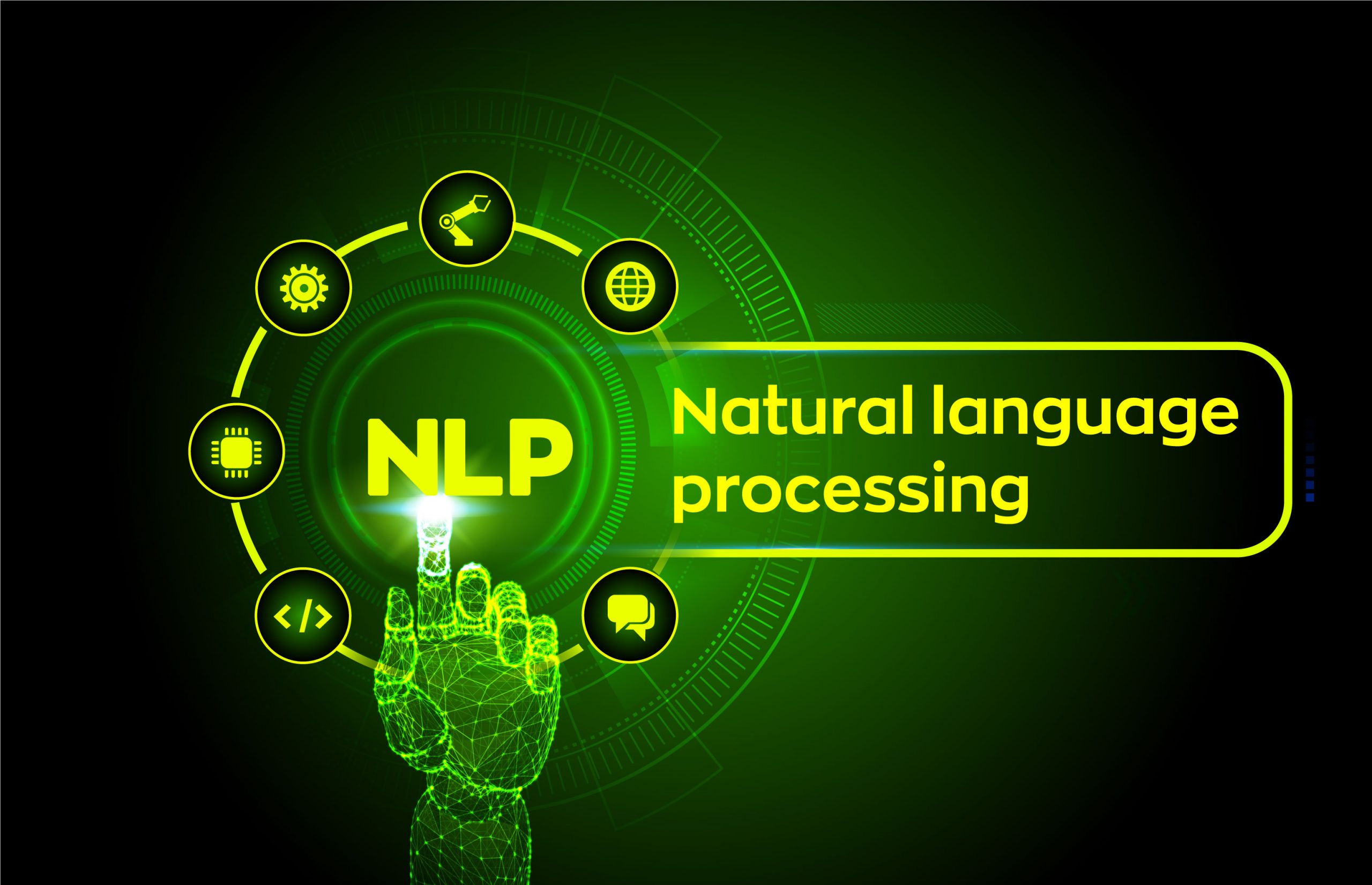Introduction: One technological advancement that stands out for its revolutionary potential in the quickly changing field of technology is natural language processing (NLP). Natural Language Processing (NLP) is transforming the way people engage with software applications, from augmenting customer service experiences to powering virtual assistants. However, what is natural language processing (NLP) and how does it function in the software applications sector? More significantly, what does this innovative technology’s future hold?
Fundamentally, natural language processing is an area of artificial intelligence (AI) that focuses on natural language communication between computers and people. It makes it possible for machines to meaningfully and contextually relevantly comprehend, interpret, and produce human language.
The Role of NLP in the Software Applications Industry:
Enhanced User Experience: NLP empowers software applications to comprehend human language inputs, thereby facilitating more intuitive user interfaces. Whether it’s voice commands, text-based queries, or sentiment analysis, NLP enables applications to understand user intent and respond accordingly, leading to a more seamless and personalized user experience.
Automation of Tasks: NLP-driven chatbots and virtual assistants have become ubiquitous in the software landscape. These intelligent agents can handle a wide range of tasks, from answering customer inquiries to automating routine processes. By leveraging NLP algorithms, these applications can understand user queries, extract relevant information, and execute actions, thereby improving efficiency and productivity.
Data Analysis and Insights: In an era where data reigns supreme, NLP plays a crucial role in unlocking insights from unstructured textual data. By parsing through vast amounts of text, NLP algorithms can identify patterns, extract key information, and generate actionable insights. This capability is invaluable for businesses looking to gain a deeper understanding of customer feedback, market trends, and competitive intelligence.
Language Translation and Localization: As businesses expand globally, the need for multilingual software applications becomes paramount. NLP technologies, particularly machine translation models, enable seamless language translation and localization, allowing software to adapt to diverse linguistic contexts. This not only enhances accessibility but also facilitates cross-cultural communication and collaboration.
The Future of NLP in the Software Applications Industry:
Looking ahead, the future of NLP in the software applications industry appears incredibly promising. Several key trends are poised to shape its evolution:
Advancements in Deep Learning: With ongoing advancements in deep learning algorithms and neural network architectures, NLP models are becoming increasingly sophisticated. These models can handle more complex language tasks, such as understanding context, generating human-like responses, and even performing creative writing tasks.
Integration with Other Technologies: NLP is not operating in isolation; it is increasingly being integrated with other emerging technologies such as machine learning, computer vision, and robotics. This convergence of technologies opens up new possibilities for applications ranging from intelligent automation to immersive virtual environments.
Ethical and Responsible AI: As NLP applications become more pervasive, concerns around ethics, bias, and privacy have come to the forefront. The future of NLP will undoubtedly involve a concerted effort to develop ethical frameworks, mitigate biases, and ensure responsible use of AI technologies in software applications.
Personalization and Contextualization: As NLP models become more adept at understanding context and user preferences, software applications will offer increasingly personalized experiences. From tailored recommendations to adaptive interfaces, NLP will enable applications to anticipate user needs and deliver customized solutions in real-time.
In conclusion, Natural Language Processing is poised to play a pivotal role in shaping the future of the software applications industry. From enhancing user experiences to unlocking valuable insights from data, NLP technologies offer a wealth of opportunities for innovation and growth. However, realizing the full potential of NLP requires a concerted effort to address challenges around ethics, privacy, and inclusivity. By embracing these challenges and harnessing the power of NLP responsibly, we can build a future where software applications truly understand and empower the users they serve.
What is Natural Language Processing (NLP)?
Short Answer: Natural Language Processing (NLP) is a branch of artificial intelligence (AI) that focuses on enabling computers to understand, interpret, and generate human language in a way that is meaningful and contextually relevant.
How does NLP benefit the software applications industry?
Short Answer: NLP enhances the software applications industry by providing capabilities such as intuitive user interfaces, automation of tasks through chatbots and virtual assistants, data analysis and insights from unstructured textual data, and language translation and localization.
What are some examples of NLP applications in software applications?
Short Answer: Examples include voice-controlled assistants like Siri and Alexa, chatbots for customer support, sentiment analysis for social media monitoring, machine translation for language localization in software, and text summarization for content curation.
What are the future trends in NLP for the software applications industry?
Short Answer: Future trends include advancements in deep learning algorithms, integration with other emerging technologies like machine learning and computer vision, focus on ethical and responsible AI practices, and increased personalization and contextualization of user experiences.
What challenges does NLP face in the software applications industry?
Short Answer: Challenges include mitigating biases in algorithms, ensuring privacy and data security, addressing ethical concerns related to AI, overcoming language barriers in translation tasks, and enhancing the accuracy and understanding of NLP models for diverse linguistic contexts.


